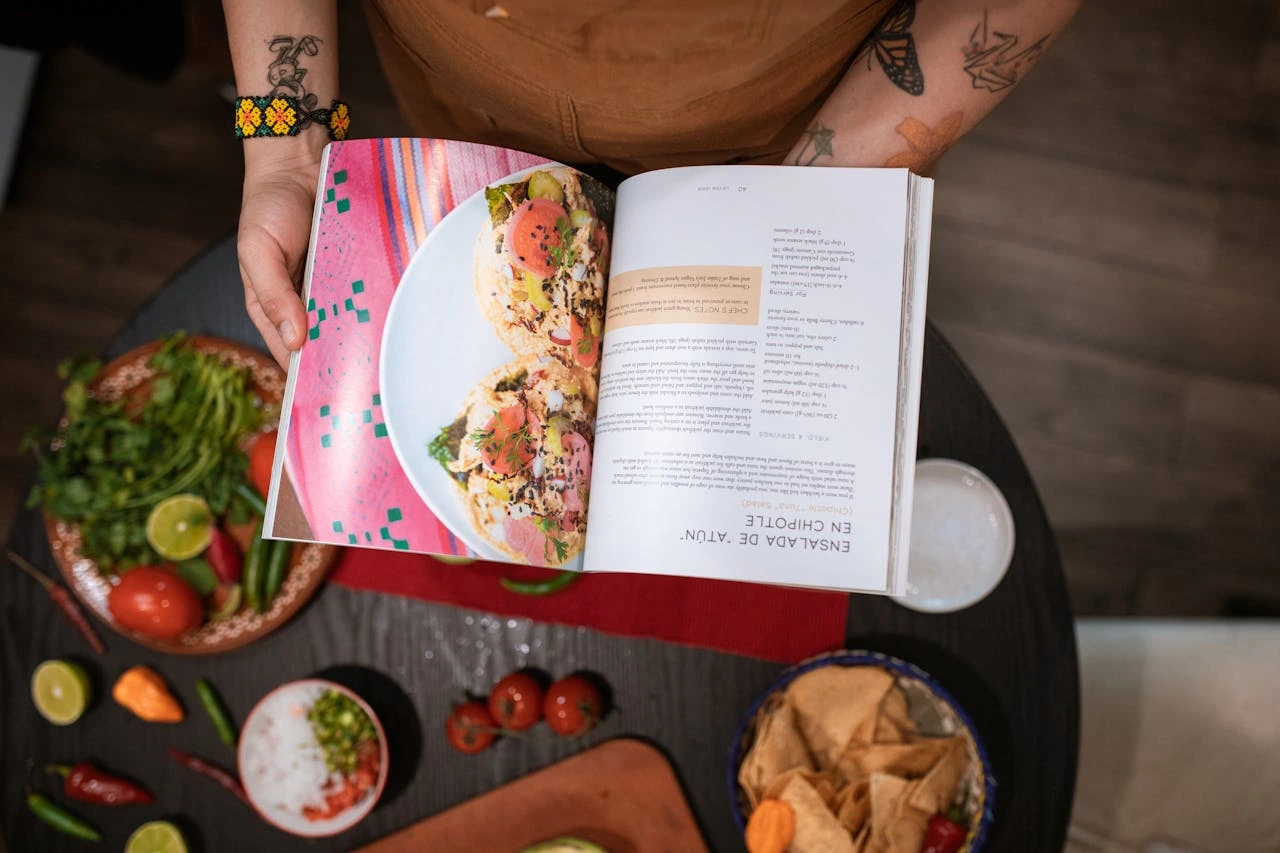I’ll admit it, I once thought “cooking books” had something to do with whipping up recipes or experimenting in the kitchen. Spoiler alert: it doesn’t. When I first heard the phrase, I imagined someone literally putting their recipe collection on the stove. Turns out, “cooking the books” has a much sneakier, financial twist to it.
If you’ve also scratched your head over this expression, let me break it down in the simplest, most practical way.
What Does “Cooking the Books” Actually Mean?
“Cooking the books” is an idiom that refers to manipulating financial records to make a business look more profitable or stable than it really is. Think of it as adding sugar to a dish to hide the bitterness, it might taste fine on the surface, but the truth underneath isn’t as sweet.
Companies (or sometimes individuals) do this to:
- Impress investors or banks
- Avoid paying higher taxes
- Cover up losses
- Inflate profits for bonuses or stock prices
In short, it’s all about deception through numbers.
How Do People “Cook the Books”?
While I’m no accountant, I’ve learned that there are a few common tricks shady businesses use:
- Fudging revenue → Recording fake sales or counting money that hasn’t actually been earned yet.
- Hiding expenses → Delaying or disguising costs so profits look bigger.
- Overstating assets → Making things like inventory or property seem more valuable than they are.
- Using creative accounting → Playing with numbers in ways that bend the rules but don’t quite break them, until they do.
It’s basically accounting with smoke and mirrors.
Why the Phrase “Cooking” Books?
The term probably caught on because “cooking” implies changing something from its raw form into something else. Just like in the kitchen, you’re mixing, altering, and adding ingredients, except here, the “ingredients” are financial statements. Instead of making food tastier, though, you’re making the numbers look prettier (and more misleading).
Famous Examples of “Cooking the Books”
This phrase isn’t just slang, it’s been at the heart of some massive scandals. A few names you might recognize:
- Enron (2001): One of the biggest corporate frauds ever, hiding billions in debt through clever accounting.
- WorldCom (2002): Inflated profits by about $11 billion. Yes, billion.
- Wirecard (2020): A German payment company that admitted €1.9 billion in cash never even existed.
These cases show that cooking the books isn’t just about bending numbers, it can destroy entire companies, wipe out jobs, and rock the economy.
Is Cooking the Books Illegal?
Absolutely. While some accounting tricks fall into a “gray area,” outright manipulation of records is fraud. Businesses caught doing it can face:
- Heavy fines
- Loss of licenses
- Jail time for executives
- Complete collapse of the company
So if you’ve ever daydreamed about “cooking your own books” to skip taxes, trust me, it’s not worth the risk.
My Final Thoughts
When I first learned what “cooking the books” actually meant, I realized it’s one of those phrases that sounds kind of playful but carries some very serious weight. To me, it’s a reminder that while numbers might seem black and white, the way people handle them can be full of smoke and shadows.
So next time you hear someone mention “cooking the books,” just know it has nothing to do with your grandma’s secret recipes, it’s all about financial fraud dressed up with fancy accounting.
Know Your Author
Hi, I’m Emon
I’m the voice and heart behind Whimsy Read. After nine years in the world of banking, I followed my passion for storytelling into the world of SEO and content strategy. Now, I blend that analytical eye with a deep love for literature to bring you book reviews that are thoughtful, honest, and always focused on the stories that stay with you.
When I’m not reading or writing, you’ll find me enjoying joyful chaos with my wife and three kids, getting lost in a new series, or revisiting my old loves: theater, music, and gaming. At the end of the day, I believe great books are meant to be shared, and I’m so glad you’re here to share them with me.







Leave a Reply